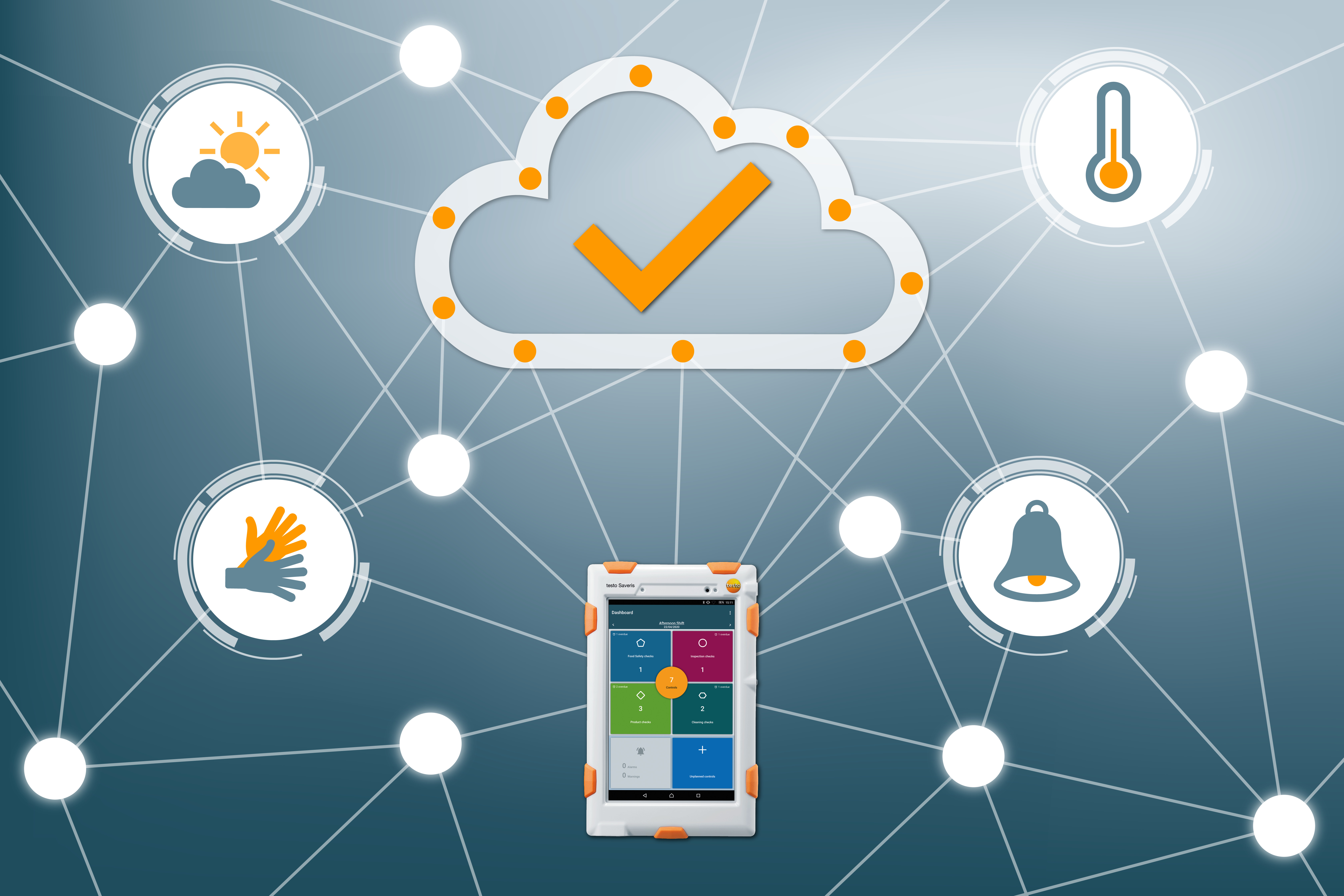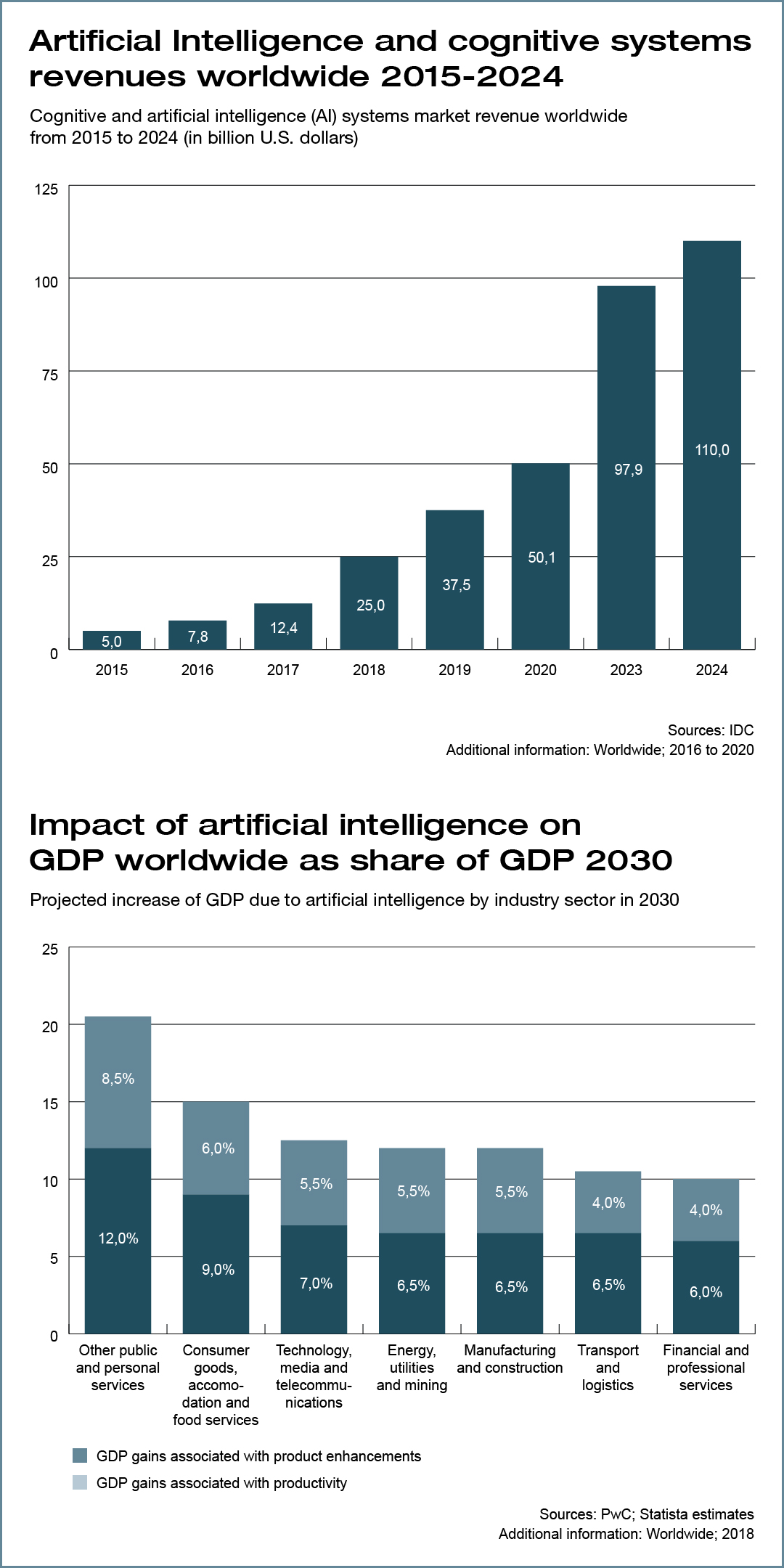/SPONSORED CONTENT/
Artificial intelligence elevates digital food safety management solutions, enabling unprecedented visibility into operations and automated control over processes to connect food safety to fields such as sustainability.
I am a child of Generation X, the generation before the so-called ‘digital natives.’ I grew up in the pre-digitized era. As a teenager, I played around with the first personal computers. As a young student, I wrote my first term paper on a typewriter. I am an eyewitness of the tremendous change in society and technology through digitization. I know both worlds.
As a freshly graduated nutritional scientist, I stepped into the food industry world at the same time that HACCP regulations where implemented in EU guidelines for the first time. The company I started my professional career with had never heard of HACCP before. No one at that time was thinking about food safety as an element of corporate culture. It was just law, that needed to be followed. My acceptance as a junior QA manager in this juvenile food safety world was hard to win. I was a synonym to more work, more control, more paper, less efficiency and less fun.
Some key experiences significantly influenced my later professional career: freezing in the cold storage room when my pen stopped working, wall filling file folders or recall events particularly occurring on Friday afternoons. How I wished to get rid of all this paper and create any report and analysis needed at the push of a button!
Fast forward, 25 years: the age of AI and a pandemic year.
I continue to use my past experience as a QA manager in my current position in strategic development of Testo’s digital food safety management system, Testo Saveris.
The industry, meanwhile, has been hit by a disruptive technological change: the inexorable digitalization of company operations ingesting all segments while equally pushing the simplification and automation of food safety operations. But it feels like this is only the beginning, like in my early days as a QA Manager and starting a HACCP program.
As private individuals, we are already immersed in the age of AI. However, many businesses in the food industry are still stuck between industry 2.0 and 3.0. Organizations that have already started their digital transformations across their operations, including food safety, will be set up for success in the future.

The implementation of a digital food safety management system intrinsically implicates operational efficiency improvements through integrated workflows, intuitive tools, automated alarms and wireless data collection. The increased visibility of quality checks enables exception-based management for operators and managers resulting in extensive time and wage savings from manual records, works tours, subsequent documentation, trainings etc. Particularly in this pandemic year, the remote options for audits and trainings gained significant importance.
The overall benefits of a digital system can only be elevated when combined with AI-driven processes. The almost unlimited scalability and easy connection with other automated business intelligence applications leads to powerful improvements through more accurate predictions and also connects food safety to adjacent fields like sustainability.
No “out-of-the-box” thought is required to understand how data from the system supports food businesses in serving better and safer food to consumers. For instance, consider the effects on food safety and quality in hot holding cabinets if temperature and humidity could be controlled and regulated based on variables like specific food composition, peak store times or outside weather conditions.
“AI is the runtime that is going to shape all what we do,” said Satya Nadella, Microsoft CEO. AI is like a universal engine of execution that will become the new operational foundation. This still sounds frightening to many of us. The good news: in the food world, human interventions will continue to be required. However, data enabled real-time reporting provides greater visibility and more informed and efficient decision making capabilities which helps foster a more preventative approach to managing food safety control measures. This ability is surely to be a key measure of success as the industry changes forward into the ‘New Smarter Era of Food Safety,’ as coined by the FDA.
Translated to the digital operating model of the Testo Saveris food safety system, it’s the intersection of technology expertise and profound application experience that best supports foodservice companies to model, implement and further enhance their digital food safety management system.
Within GFSI we have found a great network for knowledge sharing on highest level with a professional community that is working on the realization of the common vision of safe food.
Creating visibility in operations combined with predictive analytics is a major benefit that connects food safety and sustainability in an effective and efficient way. The journey to rethink, rest and recharge food safety already started and I am proud to be a part of that.
As major supporter of GFSI for many years, Testo will participate in the virtual conference as a diamond sponsor in March. At our special session on March 24 at 01:40 pm (EDT) / 06:40 pm (CET), we’ll dive deeper into the topic of operational efficiency and how we help to protect people’s health with data-driven smarter food safety management of the 21st century. For further details, please visit our website.
About the Author: Stephanie Burchardt
Stephanie Burchardt is a nutritional scientist and has worked for more than 10 years in various food industries as a quality manager and was responsible for food safety and compliance. Since 2007 she has been with Testo SE & Co. KGaA, mainly responsible for product management. Recently she moved to her new role as Senior Strategy Consultant. She is driving the further development of Testo’s innovative digital food safety management solutions including high-precision measurement technology to the next generation.
This post was written and contributed by:
Stephanie Burchardt
Senior Strategy Consultant, Food & Life Sciences
Testo SE & Co. KGaA


